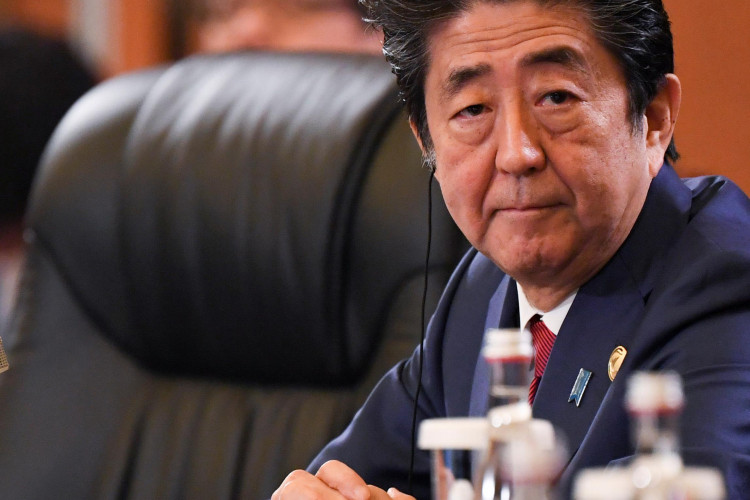Torn apart by war atrocities and decades of Japanese colonial rule, last week's top three economies in Asia - China, Japan, and South Korea - gathered together to discuss future relationships -- and heal deep wounds.
In the vibrant Chinese city of Chengdu, the heads of government for the three countries sat down and agreed, among other things, to accelerate their long-standing free trade negotiations.
This is an admirable vision for nations representing a quarter of the global economy and more than $700 billion in trade transactions in 2018.
Yet despite the Chengdu huddle, the leaders know that the road ahead is fraught with obstacles left by false ideas of bygone legacies, pragmatism, and the challenge of healing old wounds, humiliations, and misinterpreted readings of a shared past.
Japan remains at the core of all these difficulties. China continues to mourn the martyrs of whole cities by the hands of Japanese occupiers of World War II, while South Korea sees the enslavement of its citizens by the colonial rule of Japan and the perceived reluctance of Tokyo to pay war reparations.
In addition, China and South Korea have disputes with Japan over disputed land claims in the East China Sea and the Japan Sea. Such issues are considered by the three countries as fundamental questions that will determine their sovereignty and territorial integrity.
And yet, despite frequent dust-ups, logic has allowed Japan's formidable export machine to keep its economy afloat.
Therefore, last week it was an unexpectedly sobering message from Japan that stability in the East China Sea was required for better relations with China, which is by far the largest trading partner of Tokyo.
In other terms, Tokyo requested Beijing to renounce its territorial claims on the Senkaku (called Diaoyu by China) islands in the East China Sea currently controlled by Japan for peaceful and secure China-Japanese relations - an angry condition for China that considers Diaoyu as part of its ancient inalienable territory.
Beijing unsurprisingly bristles and tells Tokyo that these are the domestic issues facing China. At a time when Beijing and Tokyo need a report on new ties in anticipation of Chinese President Xi Jinping's visit to Japan next April, one can hardly think of more ominous developments.
There is also an interest in Japanese exports to China of $144 billion. That was nearly one-fifth of Japan's total foreign merchandise sales in 2018 - and a critical issue for an export-driven economy facing declining external demand and the need to significantly reduce its U.S. trade surpluses.
In contrast, Japan's problems with South Korea have no direct security element with China but are marred by 35 years of colonial rule in the Land of the Rising Sun.
The latest incident was triggered by the Korean court's decision ordering a Japanese company to pay compensation for forced labor. Tokyo dismissed the decision, arguing that a bilateral treaty of 1965 addressed these problems.






